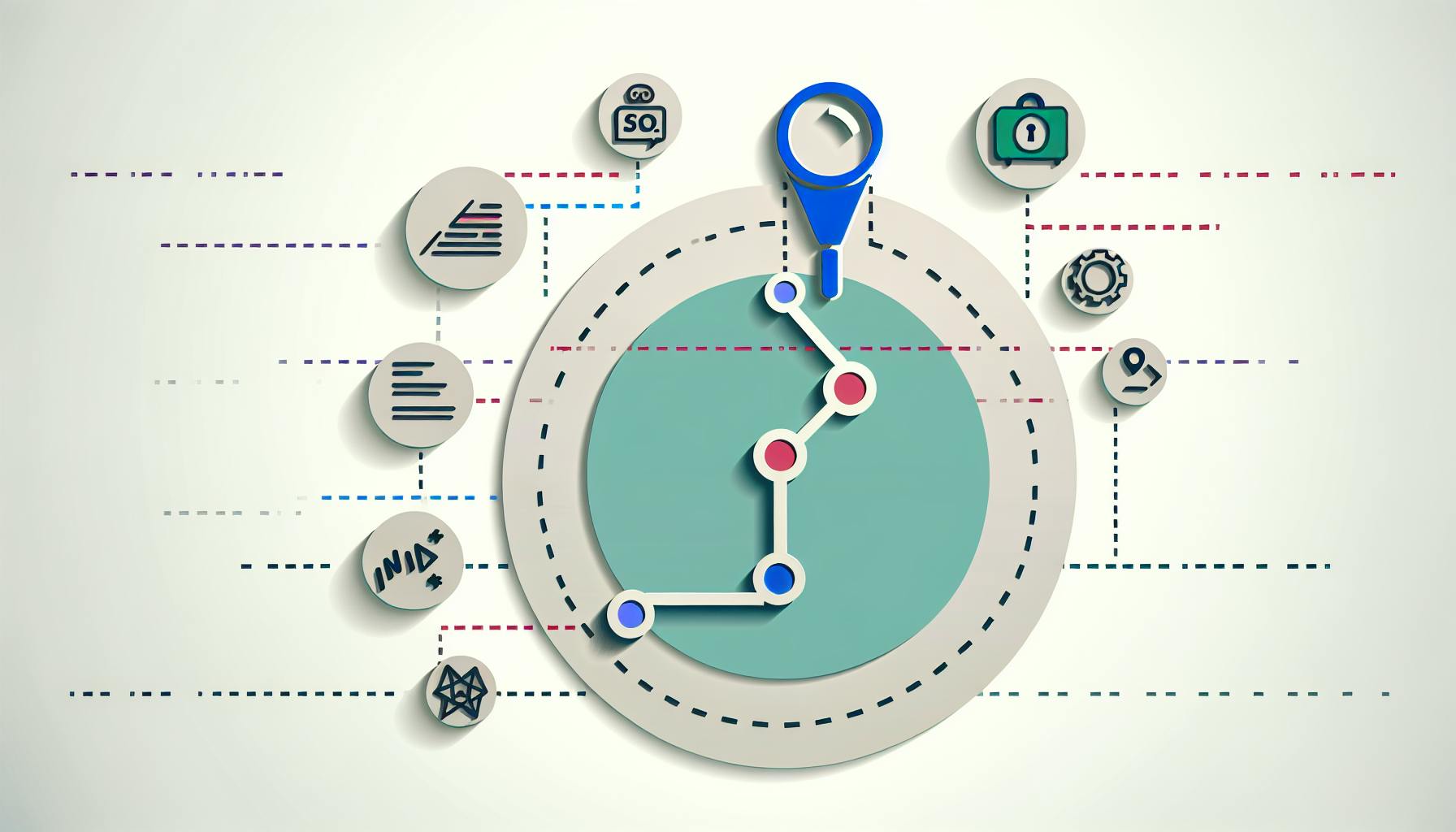Introduction
In today's digital landscape, establishing an online presence is crucial for businesses and brands to reach their target audience. However, building and launching a customized website requires significant time, effort and technical skills. This is where website generators have become invaluable tools for creating professional websites without the need for coding expertise.
Website generators enable anyone to develop sites using intuitive drag-and-drop builders and pre-made templates. But not all website generators are created equal when it comes to accelerating your search engine rankings. While most website builders offer basic SEO features, they still rely on manual submission of sitemaps and search engine indexing can take days or weeks. This ultimately limits the site's organic visibility and growth potential.
However, a new class of website generators has emerged that focus specifically on enabling instant indexing on Google within 24 hours or less of publishing new content. This rapid search engine visibility provides a distinct competitive advantage by getting your pages ranking for relevant searches much more quickly than typical platforms.
One website generator at the forefront of instant indexing is IndexGoogle, which has integrated automated indexing technology into its platform. This guide will explore the value of leveraging a website generator solution purpose-built for accelerating Google indexing to enhance your SEO and unlock more organic traffic.
sbb-itb-8e68770
Selecting the Best Website Generator
With many website generator options to choose from, it's important to assess which platform aligns with your specific use case and business goals. Comparing core features, design capabilities, built-in SEO tools and pricing models allows you to determine the right solution.
Key Website Generator Features
Top website builders tend to offer the following key features:
- Intuitive drag-and-drop builders that allow easy creation of pages and content without coding skills. Pre-designed templates further simplify getting started.
- Search engine optimization tools like metadata optimization, alt text generation and sitemap creation to boost site visibility for users and search engine crawlers.
- Custom themes and templates to provide visual designs tailored to your brand identity and industry.
- Responsive design that automatically adapts site presentation across desktop, tablet and mobile experiences.
- Ecommerce functionality with shopping carts, payment processing and inventory management for online retail sites.
- Adequate storage and bandwidth to support hosting growing amounts of traffic and content. Scales alongside your business needs.
How Top Solutions Compare
When comparing options, assess how the leaders in website generators stack up:
- Wix stands out for its user-friendly drag-and-drop editor and built-in SEO features, but has limited customization capabilities.
- Squarespace enables beautiful website designs through designer templates, but has fewer integrations with external applications.
- WordPress offers abundant plugins and customization as an open source platform, but has a steeper learning curve.
- Weebly makes building sites very accessible through its straightforward editor and ecommerce functionality, but is more constrained on custom design options.
- IndexGoogle accelerates Google indexing through its automated submission and indexing technology.
Cost Considerations
Pricing varies across website generator solutions based on the features utilized:
- Wix offers ascending plan tiers ranging from $14-$39 per month.
- Squarespace charges from $12-$40 per month as site traffic volumes increase.
- WordPress has self-hosted plans from $5-$45 monthly.
- Weebly is priced between $6-$38 per month depending on ecommerce needs.
- IndexGoogle provides a free website generator with premium SEO automation capabilities.
When evaluating cost, be sure to factor in all functionality that is essential for your website and business model.
IndexGoogle's Auto-Indexing Advantage
IndexGoogle's website generator stands apart from competitors by offering an integrated auto-indexing system to achieve near instantaneous indexing on Google. By automatically submitting sitemaps, pinging search engines and leveraging optimization APIs, IndexGoogle aims to slash the typical waiting period for new content to start ranking.
How The Auto-Indexing Technology Works
IndexGoogle's auto-indexing automation works seamlessly in the background to speed up search indexing:
- A sitemap XML file is automatically generated and submitted to search engines to help them discover new site content quickly.
- Google is pinged immediately whenever new pages are published to prompt recrawling.
- IndexNow service is leveraged to send updated URLs for instant indexing in real-time.
- Latest indexing APIs from Google are integrated to rapidly include pages in results.
- Site technical elements are continually optimized based on Google's crawling needs.
This multi-pronged approach allows IndexGoogle to maximize indexing velocity for sites built with its generator.
Real-World Results
Numerous sites utilizing IndexGoogle's auto-indexing services have posted impressive results:
- A boutique ecommerce store boosted lead generation by 47% through improved search visibility from rapid indexing.
- One fitness blog grew its organic traffic by 62% within 1 month of implementing auto-indexing.
- A small business owner reduced their average new page time-to-index down from 1 week to under 24 hours.
- An enterprise organization met their top ranking goals by optimizing for faster indexing.
The examples demonstrate the potential for accelerated indexing to enhance SEO efforts and unlock more organic reach.
Complementing SEO with Quality Content
While leveraging auto-indexing provides faster inclusion in Google's search results, you still need high quality content and site optimization to rank well long-term. Here are some key areas to focus on.
On-Page Optimization
When optimizing individual pages, best practices include:
- Incorporate target keywords naturally in page titles under 60 characters.
- Use keywords appropriately in headings, meta descriptions and image alt text.
- Implement compression and caching to maximize page speeds.
- Ensure a mobile-friendly, responsive design on all devices.
- Create comprehensive content over 2000 words with relevant keywords embedded naturally.
Technical Site Optimization
Improving overall site architecture and performance also boosts SEO:
- Install SSL certificates to enable HTTPS and secure data encryption.
- Implement structured data markup like schema where applicable.
- Reduce page load times through minification, compression, optimized images.
- Proactively fix any crawl errors and broken links.
- Submit XML sitemaps to improve discoverability.
Building Quality Backlinks
Earning backlinks from reputable external sites remains important:
- Research relevant sites to guest post and contribute content to.
- Participate actively in online communities and discussion forums related to your industry.
- Promote and distribute your best performing content to build organic links.
- Monitor backlinks gained and remove any low-quality or toxic links.
Conclusion
IndexGoogle provides a distinct advantage for rapidly getting your website content indexed by Google and ranking in search results. Complementing its automated indexing technology with ongoing optimization best practices will further improve your search visibility and organic growth over the long-term. Consider leveraging IndexGoogle's website generator coupled with quality content creation for maximizing your website's SEO potential.

